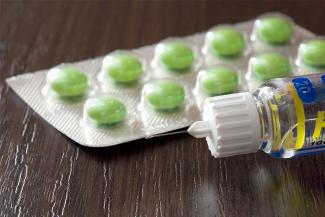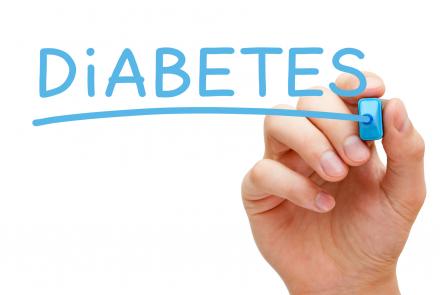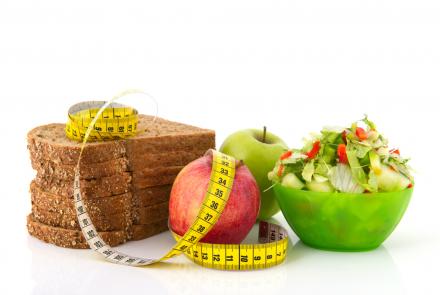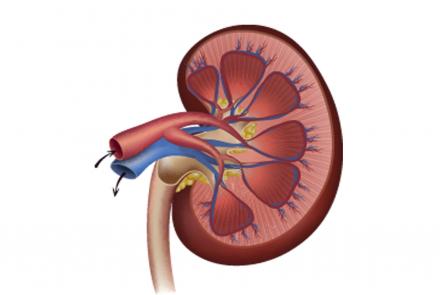
In the second part of the series on drug interactions that persons with diabetes should watch out for, we talk of which medicines increase or decrease your blood glucose level and what you should watch out for.
Often persons with diabetes are on medications other than the diabetes drugs (oral or injectable). They may be on some medications for life for chronic conditions (such as thyroid, mental disorders etc) or acute conditions (such as allergies, infections etc). Drug interactions are known to occur between 2 sets of drugs. For such patients, such interacts can be crucial as they can tamper the blood glucose levels. The specific pathway behind such mechanisms may not be fully known, but it is hypothesized that certain drugs cause a decrease in peripheral insulin sensitivity, increase the gluconeogenesis or decrease insulin secretion from the β cells of the pancreas. Concurrently, if the glucose levels seem uncontrollable, it would be wise to investigate whether a simultaneous or new medicine is responsible for it.
Let’s look at medications that are known to affect blood sugar levels.
Medicines that may raise blood glucose levels:
| DRUG | MECHANISM | NOTE |
|---|---|---|
| Corticosteroids | Opposes insulin action. | Inhaled and topical steroids have a lower risk of affecting blood glucose than oral agents. |
| Diuretics (esp Thiazides) | Opposes insulin action. | Effects depend on dose and duration of use. |
| Atypical & Typical antipsychotics | Insulin resistance, weight gain, diabetic ketoacidosis. | Switching to low risk anti-psychotics is helpful. |
| Niacin/Nicotinic acid | Opposes insulin action. | Seen when doses > 2-3 mg/day used. |
| Oral contraceptives | Opposes insulin action. | |
| Nifedipine (calcium channel blockers) | Opposes insulin action. | Lower dose & monitoring is helpful. |
| Phenytoin | ||
| Clonidine | Inhibits insulin secretion. | Is effective in treatment of diabetic diarrhea and neuropathy. |
| Sugary syrups/lozenges (cough/cold/gastrointestinal medicines) | Contain sugar alcohols or sweeteners. | Check ingredients before purchase. Opt for sugar-free alternatives. |
| Fluroquinolone antibiotics | Lowers magnesium levels --> Insulin resistence. | Magnesium supplementation may be helpful. |
Medicines that may lower blood glucose levels:
| DRUG | MECHANISM | NOTE |
|---|---|---|
| Ace Inhibitors | Increases insulin action. | Appears to reduce risk of diabetic neuropathy. |
| MAO inhibitors | Increases insulin signaling. | Anti-depressants. |
| Fibrates | Unclear. | Used to lower triglyceride/cholesterol levels. |
| Quinine | Increases insulin secretion. | Malaria medication. |
| Salicylates | Increases insulin secretion via prostaglandin synthesis inhibition. | Is an analgesic and antipyretic! |
| Alcohol | Inhibits hepatic glucose production and release. | |
| Beta-blockers | Increases insulin action. | Can also cause hyperglycemia! |
| Haloperidol (typical antipsychotic) | Affects glucose tolerance. | Used mostly in schizophrenia. |
| Pentamidine | Early insulin release. | Used in serious lung infection called PCP. |
The drugs listed in the tables above, is not a complete list but mentions commonly used drugs. It is thus imperative to consult with your doctor before making any changes in your medications, whether it is taking a new drug, increasing dosage or stopping a drug.
Even non-prescription drugs such as cough syrups and alcohol can cause adverse/serious consequences. Checking with your doctor will avoid any drastic or unwanted changes in blood sugar levels and additionally help your doctor conclude if any blood glucose level fluctuation is due to potential drug interactions. All diabetes drugs have the potential to interact with other medications and if this results in hyper or hypoglycemia, it is a serious matter of concern. Such interactions can not only affect the efficacy of the diabetes drugs but also aggravate their side-effects.
Related Reading:
Diabetes Medicines and Drug Interactions with Other Medicines
Summary:
Consult your doctor before any changes in medications.
Beware of such interactions and monitor sugar levels regularly.
Please contact your doctor for any adverse reaction or unexpected symptoms.
References:
- Which medications can worsen glycemic control?. Endocrine Today, March 2009. June Felice Johnson, BS, PharmD, FASHP, CMD-diabetes.
- https://www.healio.com/endocrinology/diabetes/news/print/endocrine-today/%7B5b64b6a4-1cfa-4fc5-b916-e8284a7945aa%7D/drug-interactions-with-diabetes
- Drug interactions with oral hypoglycaemic drugs. Gillian M. Shenfield. Aust Prescr 2001;24:83-51 Jul 2001 DOI: 10.18773/austprescr.2001.094



















